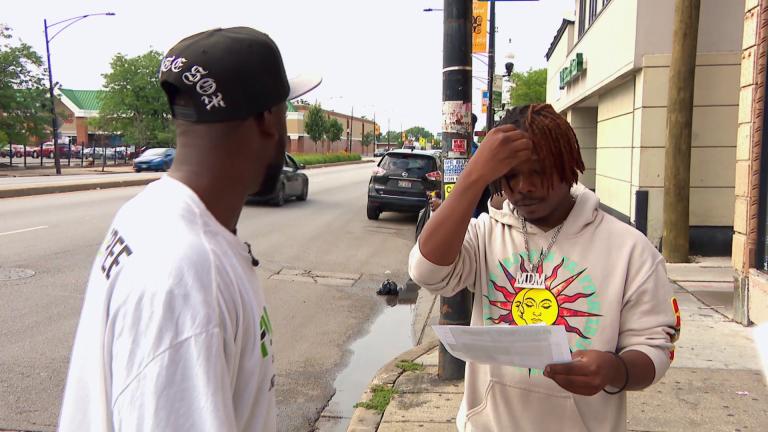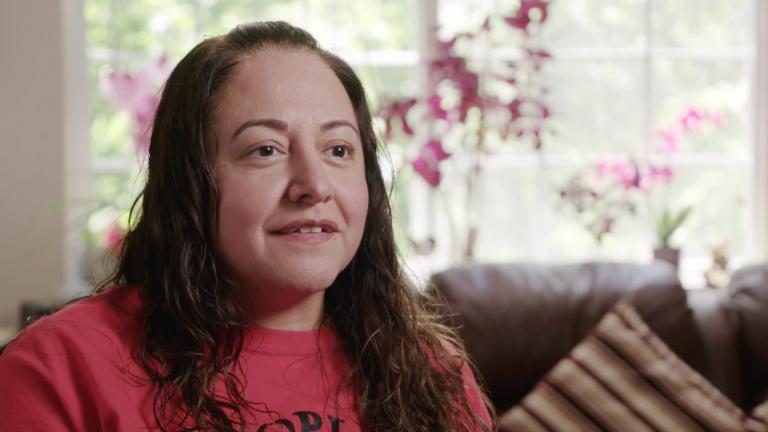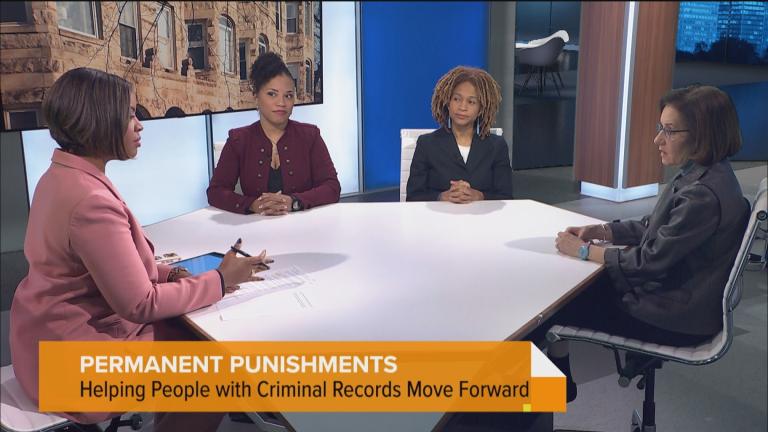Economic sanctions. Collateral consequences. Permanent punishments. There are 44,000 restrictive federal laws, rules, and policies that continue to penalize people long after they have served their sentence in prison. Permanent Punishment, a four-part series, examines this stark reality faced by nearly 3.3 million men and women in Illinois.
One of the legal system’s goals should be finding ways to reintegrate people back into society after they have completed their sentences, says Patrick O’Brien, who currently works as a criminal defense attorney.
Previously, O’Brien was a judge in Cook County Circuit Court from 2006 to 2015. He also worked as an assistant Cook County state’s attorney and as an attorney in the Illinois Attorney General’s Office.
He ran as a Republican against Kim Foxx for Cook County state’s attorney in 2020.
O’Brien spoke to WTTW News as part of our Permanent Punishment series and detailed his views around the laws and regulations that prevent people with criminal records from fully participating in society.
“There is no benefit in continuing to exclude someone and force them into a situation where they can’t provide for themselves and their families,” O’Brien said.
He cited a law prohibiting people with certain felony convictions from owning a “vicious” dog as an example of a restriction that is needed. He said the animals can be considered a type of weapon that can be used in illegal activities.
“The idea of preventing a weapon, which in this case is the Legislature agreed is a vicious dog, that just makes sense,” O’Brien said.
He said that it also makes sense for the laws to be reviews every so often to see what still makes sense and where they may be contradictory.








